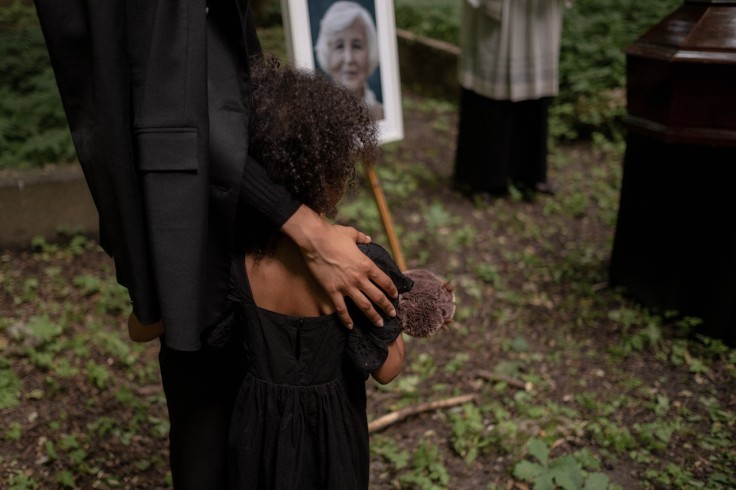
How should parents explain this complex thing called death to simple, innocent-minded kids?
The death of Queen Elizabeth II continues to captivate the world, and it can't be helped that children would come across the news. What if, out of curiosity, they would suddenly ask about death?
Adults have difficulty discussing death, making it not easy to talk about it with children. Parents actually avoid this particular discussion with their kids. It is not a conversation they look forward to.
The best way to talk to kids about death
Life and death are intertwined. Death is part of life. Thus, children need to know that people, and even pets, die.
Pediatric psychologist Kate Eshleman, PsyD, shared how to explain death to children.
"It's something all around us, and that kids will be exposed to but based on their age and development, kids will have varying understandings of what it means, including the permanency of it and associated factors, like whether it's scary," she explained. She emphasized that parents should accept the reality that nothing will make the conversation easy. She gave three important guidelines on how parents can explain death to their kids.
1. Be straightforward.
Sometimes parents use "factually incorrect abstract terms" like "has gone to sleep forever." Parents should know that these terms will not explain death correctly but actually can cause more confusion.
Children should be provided truthful, concrete, unambiguous, and straightforward answers to their questions. Parents should make sure to use the actual words. No "flowery euphemism."
2. Honesty is the best policy.
Tell children the facts with actual words but in simpler terms. Dr. Eshleman said that children should be told the truth in a "developmentally appropriate way." Moreover, parents can maintain their trust and authority by telling children the truth, no matter when it's difficult or painful.
3. Be patient.
Parents should be willing to answer not only one question but question after question. They should also have the patience to listen so that they can ask their children questions to be able to know and understand where their children are coming from and what else their children need to know. This allows parents to clear misunderstandings and address their worries, fears, and emotions.
Common questions and how to answer
Dr. Jillian Robert, a child psychologist, professor at the University of Victoria, and author of the book "What Happens When a Loved One Dies: Our First Talk about Death" and "On the News: Our First Talk About Tragedy, presented common questions that children might ask about death and suggested answers for parents.
1. What is death?
All humans and living things serve a special purpose in life. When they have reached the end of life, they die. When they die, that is called death.
2. What does death mean?
Death means a human being or a living thing is no longer alive. An example of being alive is a tree full of green leaves and fruits. An old tree with withered leaves, or no leaves at all, has fallen over in the forest, is no longer alive. It is dead.
3. What happens when a human being dies?
When a person dies, their body stops working. A person's body stops working because of old age, illness, or sometimes an accident. The people who knew and loved the person who died will then gather to say goodbye, and this is through a ceremony called a funeral. The funeral happens in spiritual venues like churches, synagogues, mosques, and temples.
4. Will I ever see the person who died again?
Because death means that a person's body is no longer alive, they will never be seen again. However, this person can continue to live in the memories, thoughts, and even dreams of their loved ones. With this, loved ones will always be a part of those who love them.
5. Why do I feel sad?
When a person, especially a loved one, dies, it is natural and inevitable to feel sadness and miss that person because saying goodbye or being left behind is never easy.
6. What can I do to feel better?
Even with sadness and missing the person who died, one can still always celebrate that person and continually be grateful that they became a special part of their life. Honoring their life is an effective way to move on and move forward with life after death.
Related Article: How Royalty Copes With a Grandparent's Death